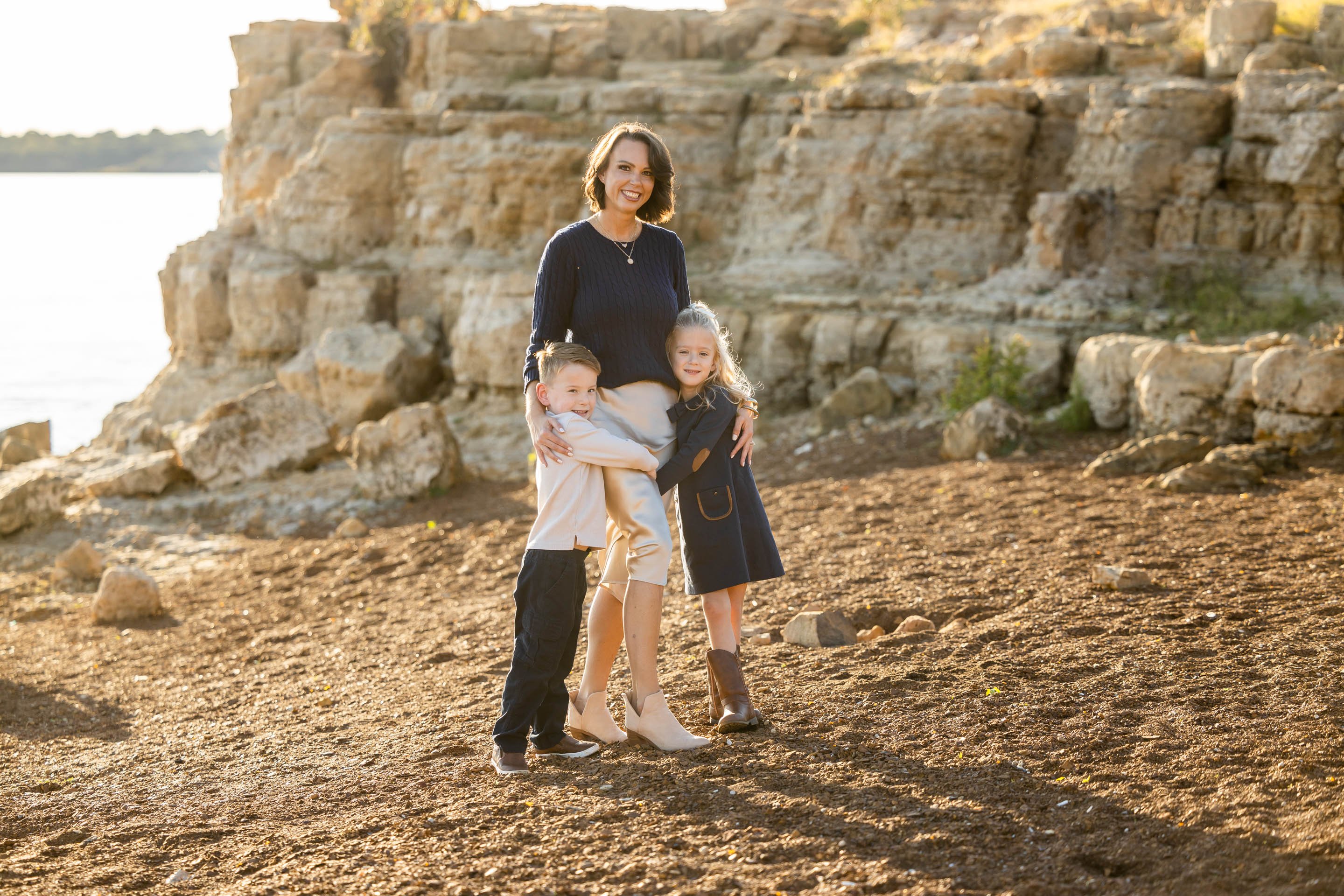
How one McKesson employee is turning her journey into purpose by helping other employees who are affected by cancer.

Guided by our values, we are an impact-driven organization that improves care in every setting – one product, one partner, one patient at a time.
Through our core commitments, we are leveraging our scale for the greater good, such as serving the needs of our stakeholders, donating back to our communities, protecting our planet, working with policymakers, and more.
Every year, we publish updates to our commitments through our Impact Report.
Download Our Impact ReportOur businesses bring together leading technologies, innovative solutions and hands-on expertise to support the entire healthcare ecosystem.
We distribute pharmaceuticals and medical supplies to healthcare settings across North America, from pharmacies and hospitals to doctors’ offices and clinics.
We help to ensure the financial wellbeing of pharmacies and health systems and support a stable work environment for their employees.
We provide research, insights, technologies and other support to help address challenges in cancer and specialty care.
We provide a suite of solutions designed to address access, affordability and adherence challenges by bridging the gaps between biopharma companies, pharmacies, providers, and payers to help patients get on and stay on their medications.
We offer solutions that enable employers, payers, health-plan brokers and government agencies to provide lower-cost options for prescription medications and therapies.
We help to ensure the financial wellbeing of pharmacies and health systems and support a stable work environment for their employees.
Every year, we publish updates to our commitments through our Impact Report.
Download Our Impact ReportAfter her six-year-old son was diagnosed with a rare genetic condition, Michelle Myers saw the effects of her research skills firsthand.
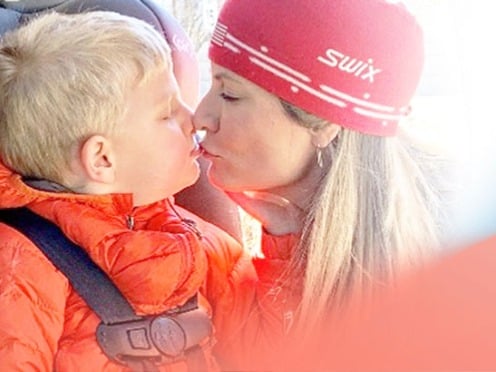
Read time: 2.5 minutes
Michelle Myers knows the value of data—especially when it comes to finding answers to some of the toughest cases in oncology.
“As a healthcare data scientist, I look for truth in numbers,” says Michelle, who is vice president of Life Sciences Partnerships at Ontada, a McKesson business focused on oncology technology and insights to support innovation, acceleration and evidence generation to transform the fight against cancer. Her role entails using real-world data to help life sciences customers expedite new therapies to market and vastly improve patient outcomes.
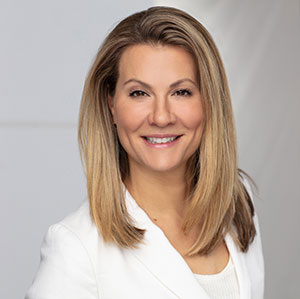
Michelle Myers
“Sometimes it isn’t easy to see, but between research, analytics, and structured thinking, I believe that generating and analyzing data can unlock new truths that will improve the lives of patients and our understanding of diseases.”
So when Michelle’s six-year-old son, Ollie, was diagnosed with a genetic condition so rare that it doesn’t even have a name, she was able to help not only as a parent, but also as a scientist.
Ollie’s condition stems from a gene mutation that inhibits his proteasomes, affecting his development and ability to speak. Michelle, who has spent her career working on novel drugs for specific conditions, is familiar with proteasome inhibitors as treatments for multiple myeloma. She observed that Ollie’s condition seemed related to the proteasome inhibitor drugs.
Consequently, she also knew that further research on these drugs was a good place to start when it came to learning more about Ollie’s condition. After a persistent search for more answers, she eventually found the name of the researcher responsible for developing the first proteasome inhibitors that are widely used today.
After she and her husband requested to meet him to discuss their son’s case, he and his team at Harvard Medical School agreed to work with them to research Ollie’s condition and better understand how his mutation would affect his cells, his development, and his future. In addition to the research protocol Michelle and the Harvard team have created so far, she hopes that their research will aid numerous other conditions.
“To all of you out there with a family member or loved one with a rare condition, I understand your journey,” she says. “Helping to improve patients’ lives starts with research. Research leads to data, which leads to insights, which leads to treatments.”
And that, she says, is the essence of why the work Ontada is doing today is so important.

Ollie at the playground
“Ollie’s story is a real-world example of how we can drive new levels of transparency into diseases that, ultimately, can lead to healthier patients and better outcomes,” Michelle says. “This aligns with our mission at Ontada to use our real-world data to answer the tough questions, which will lead to improved experiences for those fighting cancer. I’m proud to work at a company that puts patients first.”
To learn more about Michelle’s research effort into Ollie’s condition, read her blog on Ontada.com.
Originally published February 2021

How one McKesson employee is turning her journey into purpose by helping other employees who are affected by cancer.
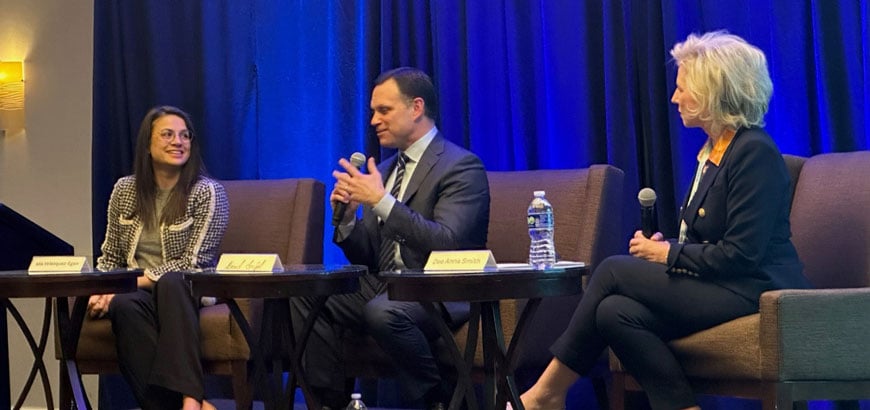
Enhancing patient access and engagement in clinical trials.
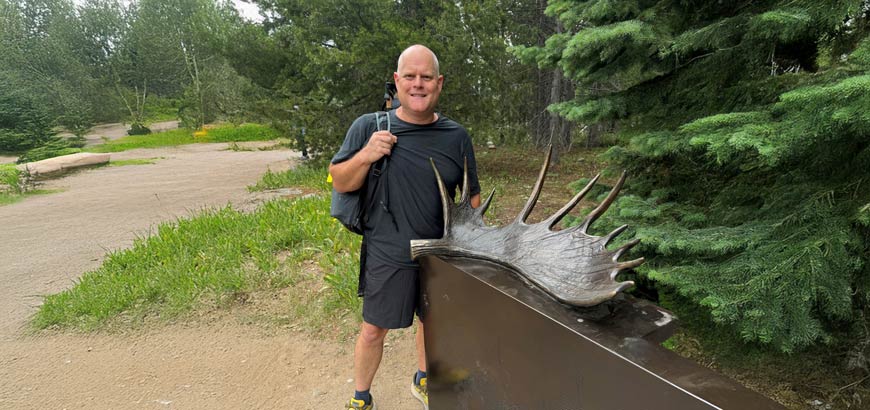
Learn about the crucial role Sarah Cannon Research Institute (SCRI) played in helping a patient overcome prostate cancer.
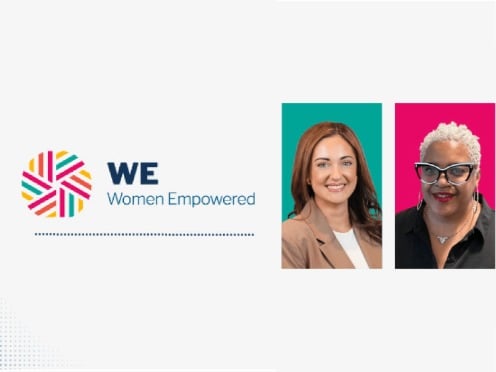
Three women share the significance of mentorship and sponsorship, their experiences as ERG leaders, and advice for women in the workplace.
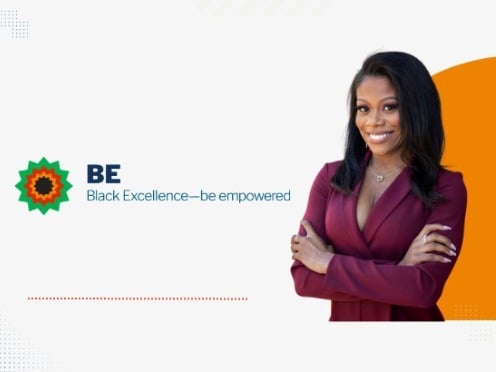
Learn about two BE leaders whose involvement with the ERG has helped them connect with their cultural roots and give back through philanthropic work.
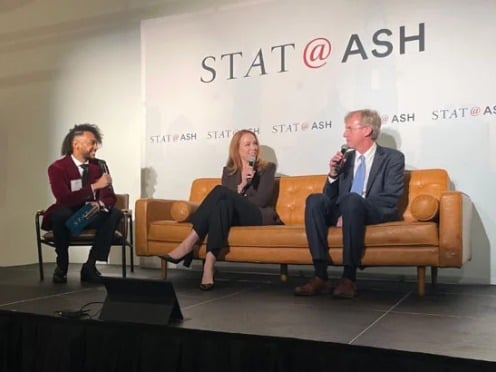
During the recent STAT @ ASH event in San Diego, panelists explored the role of community oncology in advancing precision medicine for cancer care.
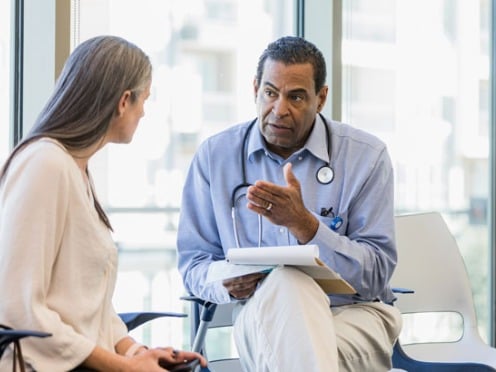
Learn about McKesson’s new Cell and Gene Therapy (CGT) brand, InspiroGene, and the launch of a first-of-its-kind report about the CGT landscape and its future trajectory.
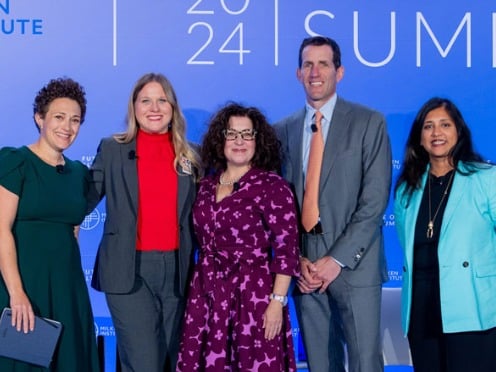
Milken Institute Future of Health Summit panelists address critical industry challenges and explore ways to futureproof the pharmaceutical supply chain.
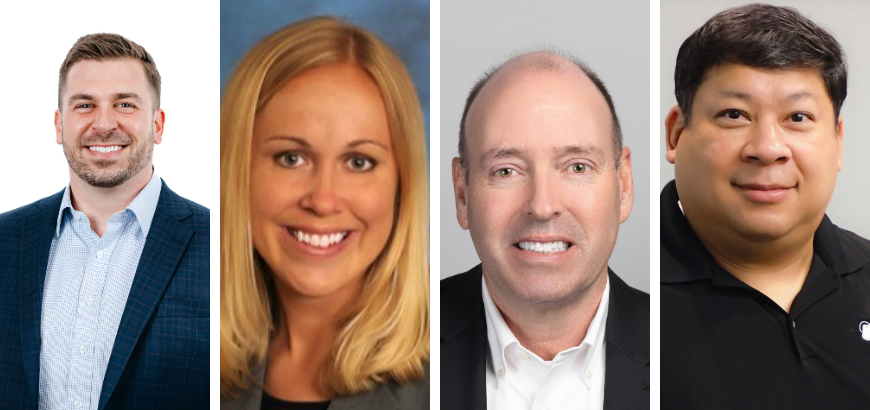
Learn how our veterans and military families are turning their strengths into power at McKesson as they advance their career journeys.
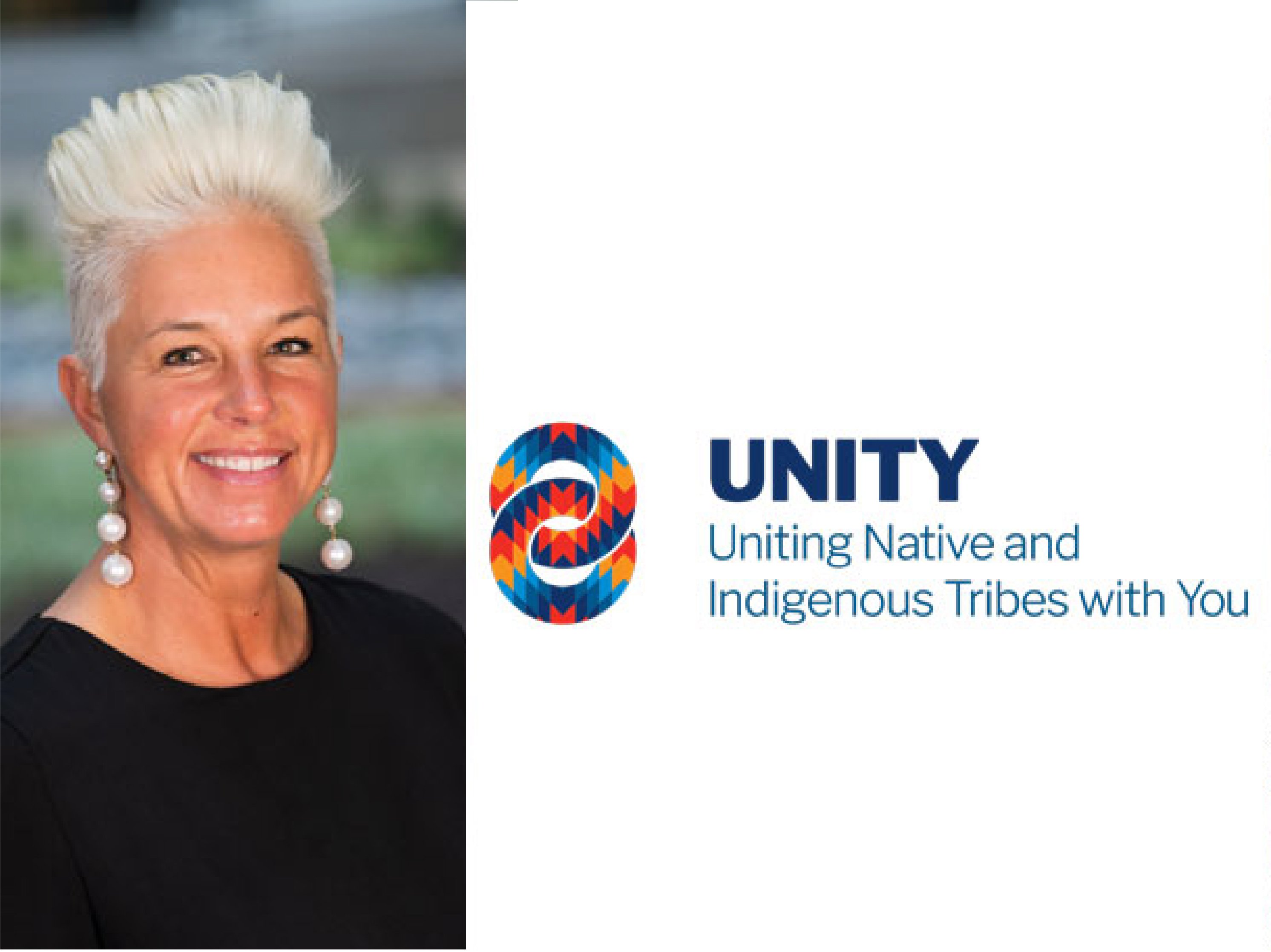
Meet two employees who celebrate the resilience of Native American and Indigenous cultures through our UNITY ERG.